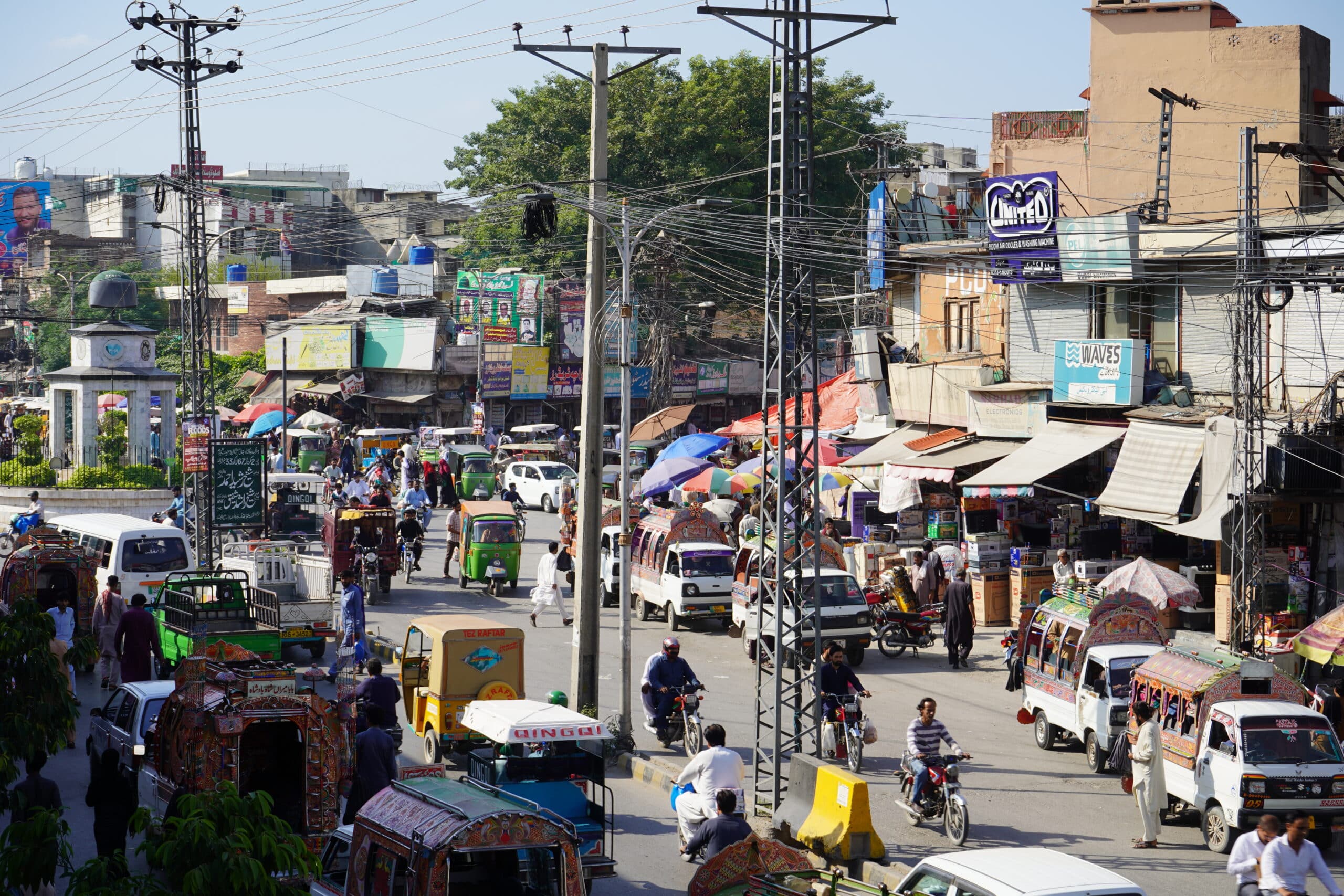After 9/11, the resultant ‘global war on terror’ brought NATO and American military strikes upon Afghanistan.[i] American drones[ii] attacked many positions in Pakistan and Osama Bin Laden was killed by American forces in Abbottabad,[iii] located only 60km by air from Islamabad. Security uncertainty in Pakistan resulted in inadequate flows of Foreign Direct Investment (FDI).[iv] An interviewee I dialogued with in August 2022 in Pakistan noted that: “That was the time when no other country in the world was ready to invest in Pakistan. It was peak years of terrorism.” “At that time the Chinese came up. The first investments that they made was in energy. And they were quick projects,” he said. Pakistan desperately needed investments in its energy sector because constant electricity blackouts and load shedding were gradually crippling its economy. The 2015 launch of the China Pakistan Economic Corridor (CPEC) which is part of the Belt and Road Initiative (BRI) brought hope to 236 million Pakistanis who make up the world’s fifth largest nation by population. Chinese companies increased electricity production through many new power production projects.[v] Post-CPEC Pakistan in 2023 currently produces approximately 40,000 Megawatts[vi] of electricity while pre-CPEC Pakistan produced 20,849 Megawatts[vii] in 2013. In 2022 an interviewee who reflected upon the pre and post CPEC era in Pakistan noted that in his village and in Islamabad, they had previously endured ten hours of electricity cuts on a daily basis. The power cuts had affected Pakistani sports and textiles industry negatively since factories had to either reduce shifts or shut down since using generators to produce power was too expensive. He reflected upon the impact of initial Chinese power projects by comparing their environmental impact to other world regions: “I guess you can criticize that they started making electricity from coal, and there are environmental issues linked with the coal. But everywhere in the world you have been burning coal even in Europe even in Germany even in India you are burning coal too to make electricity.” He noted that Chinese companies later introduced modern electricity production technology which “basically added more than 10,000 megawatts in the Pakistan energy mix.” For him, China “helped us to revive our industry, they helped us revive living.”

Despite China’s successful intervention in Pakistan’s production of electricity, major challenges still exist. Pakistan’s aging electricity grid architecture, high energy prices due to soaring coal prices, defaults in payments to Chinese electricity production companies, electricity theft and electricity loss during transmission and during distribution are a major concern. In February 2023, Pakistan’s parliament was informed that electricity worth Rs.380 billion (1.2 billion Euros) was stolen in 2022-2023 and electricity theft is expected to reach Rs.520 billion (1.7 billion Euros) in 2023.[viii] As of June 2023, Chinese electricity production companies were owed an outstanding amount of Rs. 340 billion (1.1 billion Euros) by the government of Pakistan.[ix] These include such Chinese Independent Power Producers (IPPs) located at the strategic Port Qasim in Karachi where the 1320 mega-watt Port Qasim Power Plant built and run by Port Qasim Electric Power Company is set to shut down due to default in payments for coal suppy. Other companies affected by the default of payment by the Pakistan government are: the Sahiwal coal-fired power plant established by Huaneng Shandong Rui Group of China; the Hub coal power project established by China Power Hub Generation Company Limited (CPHGC); Engro’s 660MW Thar coal power project; Hdyro China Dawood wind farm and power project; The UEP 100MW power plant; The 100MW Three Gorges wind power project; the 900MW Zonergy solar power plant and Matiari-Lahore transmission line project. Despite Chinese companies’ notable involvement in Pakistan’s energy sector, companies from other countries such as Germany’s Siemens[x], Japan’s Fuji, Holland’s Thomson and Japan’s Hitachi are also involved though minimally. Pakistan has various energy initiatives[xi] with its partners[xii] across the world as it gradually transitions into an energy mix that will see renewable energy playing a more prominent role. Despite major investments, electricity blackouts still occur countrywide from time to time. Pakistan faced countrywide flooding in 2022 and huge losses thereof compounded with high inflation, rising national debt and a stand-off with the International Monetary Fund all unfortunately come at a time when Pakistan needs to invest heavily in a modern electricity grid.
Bibliography
[i] Shah, S.A., 2010. War on terrorism: Self defense, operation enduring freedom, and the legality of US drone attacks in Pakistan. Wash. U. Global Stud. L. Rev., 9, p.77.
[ii] After the Dead Are Counted: U.S. and Pakistani Responsibilities to Victims of Drone Strikes https://www.opensocietyfoundations.org/publications/after-dead-are-counted-us-and-pakistani-responsibilities-victims-drone-strikes (last accessed: 12th June 2023).
[iii] Shaffer, G., 2012. Osama bin Laden is Dead. European Journal of International Law, 23(3), pp.908-908.
[iv] Haider, M. and Anwar, A., 2014. Impact of terrorism on FDI flows to Pakistan. Available at SSRN 2463543.
[v] Energy Projects under CPEC https://cpec.gov.pk/energy (last accessed: 12th June 2023).
[vi] NEPRA Annual Report 2021-2022 https://nepra.org.pk/publications/Annual%20Reports/Annual%20Report%202021-22.pdf (last accessed: 12th June 2023).
[vii] Energy https://www.pc.gov.pk/uploads/plans/Ch19-Energy1.pdf (last accessed: 12th June 2023).
[viii] Enormous Power Theft https://pakobserver.net/enormous-power-theft/ (last accessed: 12th June 2023).
[ix] Chinese IPPs face default risk https://tribune.com.pk/story/2358211/chinese-ipps-face-default-risk (last accessed: 12th June 2023).
[x] Siemens to supply gas turbines for new power plant in Pakistan https://press.siemens-energy.com/global/en/pressrelease/siemens-supply-gas-turbines-new-power-plant-pakistan (last accessed: 12th June 2023).
[xi]Joint Statement on U.S.-Pakistan Energy Security Dialogue https://pk.usembassy.gov/joint-statement-on-u-s-pakistan-energy-security-dialogue/ (last accessed: 12th June 2023).
[xii] Pakistan-German Climate and Energy Initiative https://www.giz.de/en/worldwide/109200.html (last accessed: 12th June 2023).
